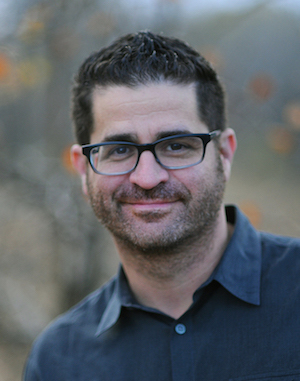Northeastern Illinois University Professor Brian Schultz, chair of the Department of Educational Inquiry and Curriculum Studies, has published “Teaching in the Cracks,” his seventh book and second as author. The book was published by Teachers College Press.
“Teaching in the Cracks” demonstrates how teachers and schools are creating emergent, democratic, progressive education amid the current context of high-stakes accountability. A follow-up to Schultz’s bestseller, “Spectacular Things Happen Along the Way,” “Teaching in the Cracks” provides both a theoretical and practical foundation for incorporating an action-focused curriculum that meets academic standards and provides students with opportunities for agency and to use their voices in their own learning.
“Today's rhetoric and restrictive educational policy mandates results in schooling that fails to capture the attention of students,” said Schultz, who was Northeastern’s 2016 Bernard J. Brommel Distinguished Research Professor award winner. “Now more than ever it is critical that teachers find openings and opportunities for student-centered and action-focused curriculum. Stories of teachers demonstrating such possibilities provides examples for others to reflect on and emulate so they too can find ways that promote student agency and allow students to use their voices in purposeful, justice-oriented ways.”
“Teaching in the Cracks” features three Northeastern alumni:
- Milli Salguero (B.A. ’10 Economics and Sociology; M.A.T. ’13 Bilingual/Bicultural Education) co-authored one chapter, and a second chapter focuses on her efforts teaching about social action curriculum-making.
- Matthew Rodríguez (M.A. ’10 School Leadership) is featured in a chapter about his work at Dr. Pedro Albizu Campos Puerto Rican High School with the Sustainable Democracy Project.
- Northeastern Board of Trustees member Marvin Garcia (B.A. ’83 History; M.A. ’08 School Leadership), president of the board of directors at Dr. Pedro Albizu Campos Puerto Rican High School, is quoted in the chapter on the school.
The book outlines specific tools and strategies to help teachers engage students in democratic participation and action; examples from varied teaching contexts, including elementary and secondary classrooms and independent, charter and public schools; and recommended organizations and resources for integrating justice-oriented civic engagement in classrooms.

Brian Schultz









